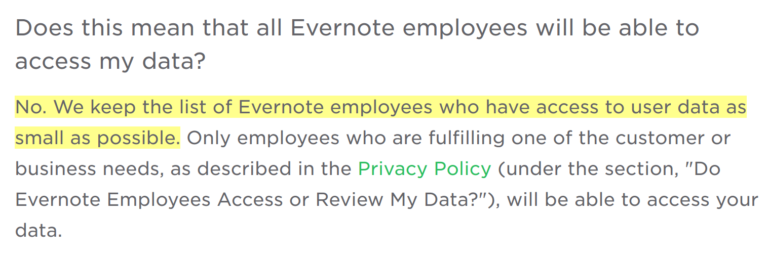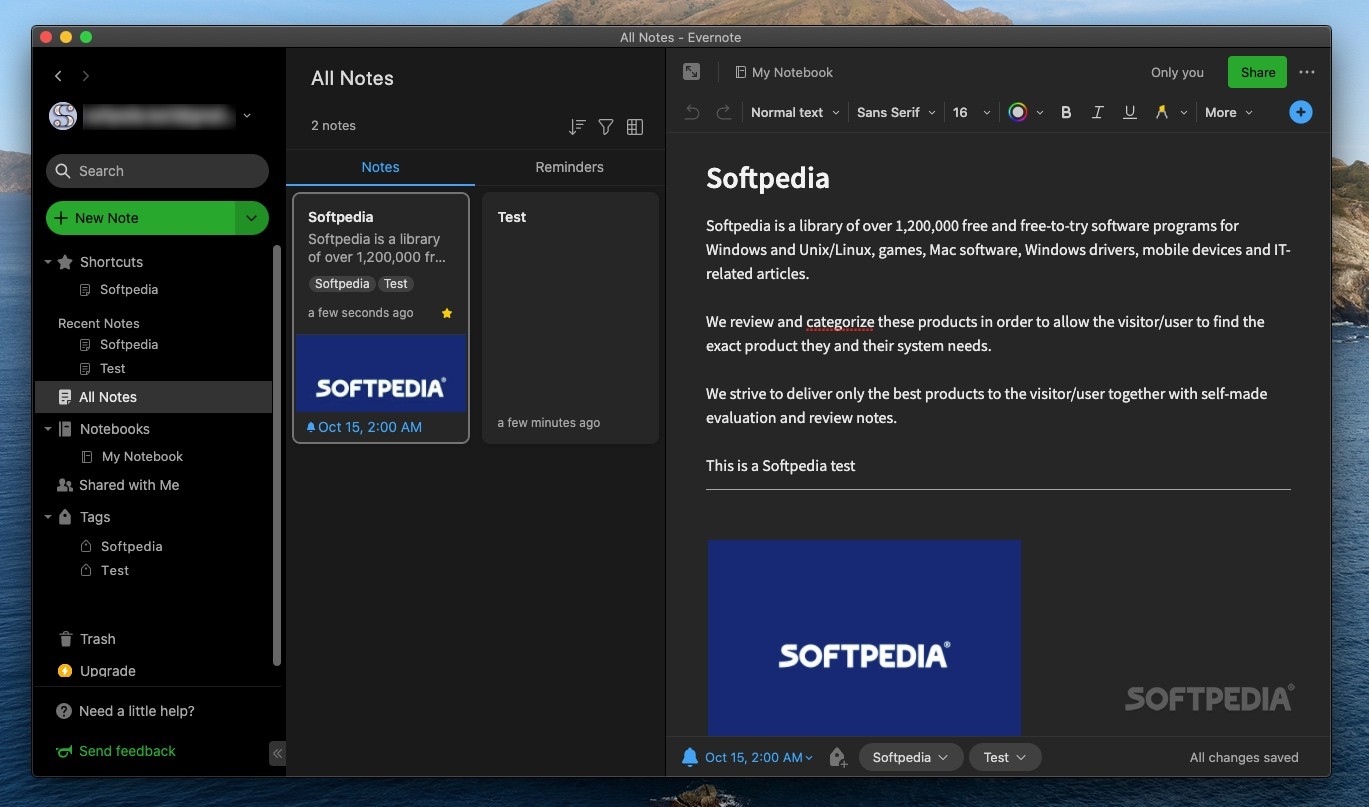

Still, Evernote was a powerful ally to have onboard, and showed RGS that its support for reforming government surveillance laws was gaining traction outside of the companies named in the leaked NSA files. “We are still members.”Įvernote joined the coalition in October 2014, a year and a half after PRISM first came to public light, even though the company was never named in the leaked Snowden documents. “We hadn’t realized our logo had been removed from the Reform Government Surveillance website,” said an Evernote spokesperson, when reached for comment by TechCrunch. What’s even more strange is that nobody noticed for two years, not even Evernote. The idea was simple enough: to call on lawmakers to limit surveillance to targeted threats rather than conduct a dragnet collection of Americans’ private data, provide greater oversight and allow companies to be more transparent about the kinds of secret orders for user data that they receive.Īpple, Facebook, Google, LinkedIn, Microsoft, Twitter, Yahoo and AOL (to later become Verizon Media, which owns TechCrunch - for now) were the founding members of Reform Government Surveillance, or RGS, and over the years added Amazon, Dropbox, Evernote, Snap and Zoom as members.īut then sometime in June 2019, Evernote quietly disappeared from the RGS website without warning. Six months later, the tech companies formed a coalition under the name Reform Government Surveillance, which as the name would suggest was to lobby lawmakers for reforms to government surveillance laws. National Security Agency under the so-called PRISM program, according to highly classified government documents leaked by NSA whistleblower Edward Snowden. In 2013, eight tech companies were accused of funneling their users’ data to the U.S. Six months later, the tech companies formed a coalition under the name Reform Government Surveillance, which as the name would “We are still members.In 2013, eight tech companies were accused of funneling their users’ data to the U.S.


But then sometime in June 2019, Evernote quietly disappeared from the RGS website without warning. The idea was simple enough: to call on lawmakers to limit surveillance to targeted threats rather than conduct a dragnet collection of Americans’ private data, provide greater oversight and allow companies to be more transparent about the kinds of secret orders for user data that they receive.Īpple, Facebook, Google, LinkedIn, Microsoft, Twitter, Yahoo and AOL were the founding members of Reform Government Surveillance, or RGS, and over the years added Amazon, Dropbox, Evernote, Snap and Zoom as members. An anonymous reader shares a report: In 2013, eight tech companies were accused of funneling their users’ data to the U.S.


 0 kommentar(er)
0 kommentar(er)
